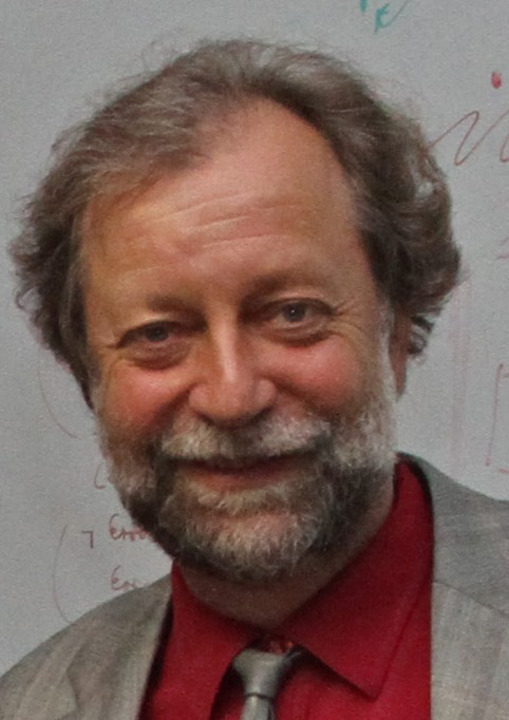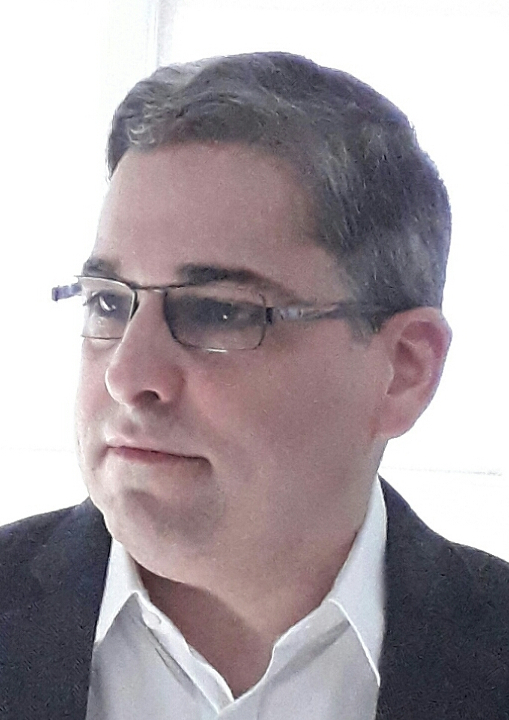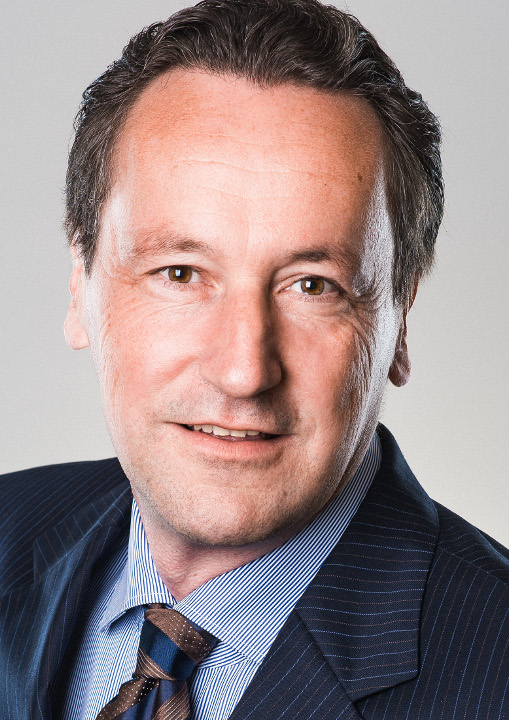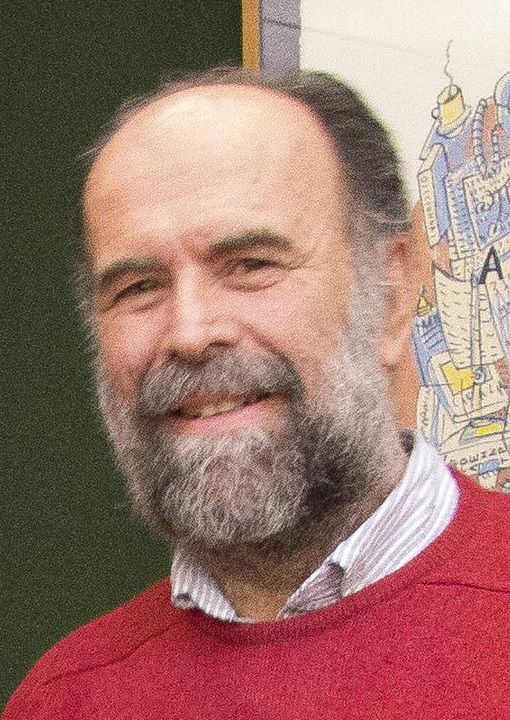24th INTERNATIONAL WORKSHOP ON ALGEBRAIC DEVELOPMENT TECHNIQUES 2018
Royal Holloway, University of London
Department of Computer Science
Co-located with the LEVERHULME SCHOOL ON GRAPH TRANSFORMATION TECHNIQUES (LSGT 2018)
Co-located with the LEVERHULME SCHOOL ON GRAPH TRANSFORMATION TECHNIQUES (LSGT 2018)
The algebraic approach to system specification encompasses many aspects of the formal design of software systems.
Originally born as a formal method for reasoning about abstract data types, it now covers new specification frameworks and programming paradigms (such as object-oriented, aspect-oriented, agent-oriented, logic and higher-order functional programming) as well as a wide range of application areas (including information systems, concurrent, distributed and mobile systems). The workshop will provide an opportunity to present recent and ongoing work, to meet colleagues, and to discuss new ideas and future trends.
Typical, but not exclusive topics of interest are:
The workshop takes place under the auspices of IFIP WG 1.3.
This occurrence of the ADT workshop will be preceded by the Leverhulme School on Graph Transformation Techniques. The school will take place over three days, from Friday, June 29th, to Sunday, July 1st.
The scientific programme of the workshop will include presentations of recent results and ongoing research.
The presentations will be selected by the Steering Committee on the basis of submitted abstracts according to originality, significance and general interest.
The abstracts must be up to two pages long including references.
If a longer version of the contribution is available, it can be made accessible on the web and referenced in the abstract.
The abstracts have to be submitted electronically via the EasyChair system using the following link:
EasyChair Submission.
After the workshop, authors will be invited to submit full papers for the refereed post-proceedings.
All submissions will be reviewed; selection will be based on originality, soundness and significance of the presented ideas and results.
The proceedings will be published as a volume of Lecture Notes in Computer Science (LNCS) by Springer.
The deadline for submissions will be Monday, October 1 Sunday, October 28, 2018 (extended), with notifications of acceptance by February 10, 2019.
Camera-ready versions will be required by March 10, 2019.
The full papers will have to be submitted electronically via the EasyChair system using the following link:
The submission page is now closed.
EasyChair Submission.
The WADT 2018 post-proceedings has been published and is now available online as the LNCS volume 11563. You can find information about it here, or access the online version via SpringerLink.
Workshop participants can freely access, for a limited period of 4 weeks, the post-proceedings of WADT 2018 on the Springer website, at the following address: Recent Trends in Algebraic Development Techniques – 24th IFIP WG 1.3 International Workshop, WADT 2018, Egham, UK, July 2–5, 2018, Revised Selected Papers.
A BibTeX entry for this LNCS volume is available below.
@proceedings{WADT-2018,
editor = {Jos{\'{e}} Luiz Fiadeiro and Ionu{\c{t}} {\c{T}}u{\c{t}}u},
title = {Recent Trends in Algebraic Development Techniques -- 24th {IFIP} {WG}
1.3 International Workshop, {WADT} 2018, Egham, UK, July 2--5, 2018,
Revised Selected Papers},
series = {Lecture Notes in Computer Science},
volume = {11563},
publisher = {Springer},
year = {2019}
}
There are three registration options, depending on your choice of accommodation. The accommodation usually includes breakfast and dinner; the lunches, as well as a banquet on the 3rd of July, are provided by the conference.
In addition, we have a limited number of reduced-rate places (£350, including standard accommodation) for students or young researchers who would like to attend WADT 2018.
These places are limited to early registration before the 8th of June. To apply for a reduced-rate place, please contact the organizers at wadt18 [at] cs.rhul.ac.uk.
The WADT bursaries have been allocated, but you may ask to be considered should any become free.
Registration should take place before the 15th of June 2018.
To register, plese visit the Royal Holloway online store.
In case you have any special dietary requirements, please contact the organizers.

|
Rolf Hennicker
Ludwig Maximilian University of Munich
Germany
Rolf Hennicker has studied Mathematics at LMU Munich. He recieved his Ph.D. degree in Informatics at the University of Passau and later his Habilitation degree at LMU Munich. During that period he worked in close collaboration with Michel Bidoit on observability concepts in algebraic specifications and was several times visiting professor at École Normale Supérieure de Cachan. Since 2001 he is member of the IFIP Working Group 1.3 "Foundations of System Specification". Rolf Hennicker became Professor for Computer Science at LMU Munich in 2004 and Academic Director at LMU in 2008. From 2000 to 2010 he was leader of the Computer Science group of the German research project GLOWA-Danube dealing with environmental simulations. His main research focus is on formal methods in software development with an emphasis on reactive components, algebraic specifications, object-oriented software engineering and, more recently, ensemble-based systems.
|

|
Artur d'Avila Garcez
City, University of London
UK
Artur Garcez is Professor of Computer Science at City, University of London. He holds a Ph.D. in Computing (2000) from Imperial College London. He is a Fellow of the British Computer Society (FBCS), member of the ACM, AAAI, IEEE, CGCA, and partner at Performance Systems, Rio de Janeiro, and Cognitive Intelligence, London.
Garcez is Director of the Research Centre for Machine Learning at City, president of the Steering Committee of the Neural-Symbolic Learning and Reasoning Association, London, and founding director of City's MSc in Data Science.
|

|
Kai-Uwe Kühnberger
University of Osnabrück
Germany
Kai-Uwe Kühnberger is university professor of Artificial Intelligence and Director of the Institute of Cognitive Science of the University of Osnabrück. After studying mathematics, linguistics, and philosophy Kai-Uwe Kühnberger finished his PhD studies at the University of Tübingen in the year 2002 in Computational Linguistics. He worked as a visiting scholar at Indiana University, Bloomington and as lecturer at the Universities of Tübingen and Osnabrück. Since 2009 he is university professor for Artificial Intelligence at the University of Osnabrück. He published more than 100 articles in fields like Computational Creativity, Analogical Reasoning, Conceptual Blending, and Machine Learning. Kai-Uwe Kühnberger is editor of the book series “Thinking Machines” (Atlantis Press, Springer), he is survey/review editor of the journal “Cognitive Systems Research”, he was a SICSA fellow (Scottish Informatics and Computer Science Alliance) in the year 2009, and was awarded an IBM Faculty award 2016.
|

|
Fernando Orejas
Technical University of Catalonia
Spain
Fernando Orejas joined the Universitat Politècnica de Catalunya (UPC) as Associate Professor in 1980. Since 1987 he is Full Professor (Catedrático) at the same University. Previously, he was assistant at the Universidad Complutense in Madrid. He had visiting research positions at the University of Nancy, École Normale Supérieure in Paris and at the Technical Univ. Berlin.
Fernando's research has been centred on several theoretical aspects of Software Design, including Algebraic Specification, Term Rewriting, Logic Programming, Graph Transformation, and Model Transformation, having published over 150 papers and supervised 12 PhD thesis. In 2015 he received the Spanish National Award in Computer Science "Jose García-Santesmases".
Fernando is founding member of the European Association on Software Science and Technology and Spanish National representative before its Advisory Committee. He is also founding member of IFIP WG 1.3 (Foundations of System Specification). He is (or has been) member of the Steering Committees of several international conferences having served as member of the program committee, sometimes as the chair or co-chair, of over 100 conferences in his areas of research.
|
Registration will take place in the foyer of the Moore Building on the campus plan and will open on Monday 2nd July at 09:00. The Conference will take place in the Moore Building lecture theatre.
WADT 2018 will be organized by and held at Royal Holloway University of London in the historic town of Egham, which lies between London and Windsor.
A campus map is
available in PDF
or
your favourite online map.
The Royal Holloway Conference Service provides up-to-date travel information. We summarise this information below.
On-campus accommodation will be guaranteed, as follows, depending on the registration option selected:
If you have any questions or inquiries about wadt2018 you can contact us
Copyright © 2018 wadt2018.